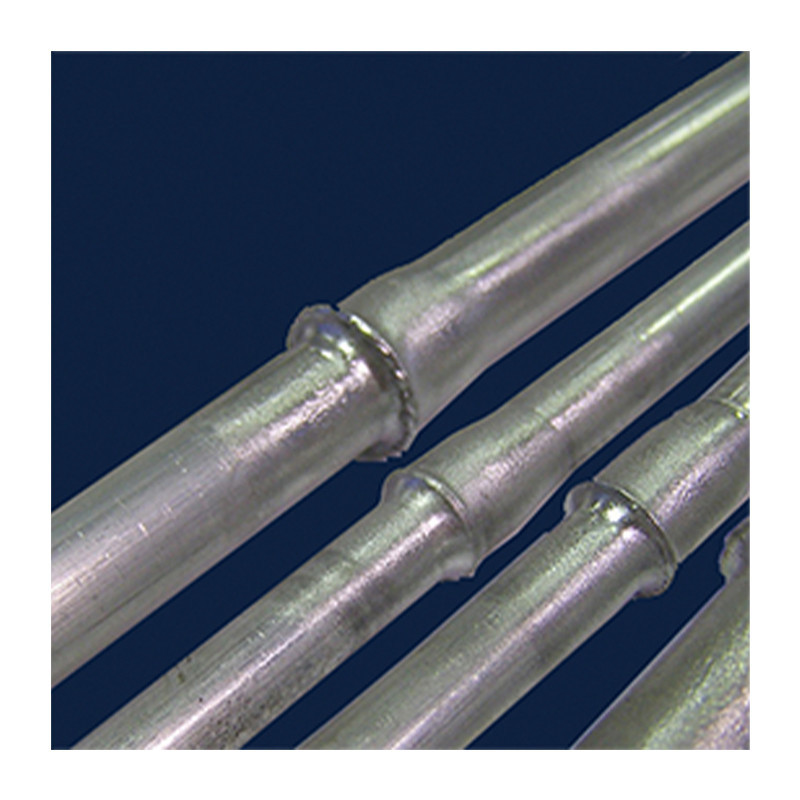

Category


Photos are for informational purposes only. View product specification
please use latin characters
Brazing is a heating process in which two or more like or unlike materials are joined together by means of another metal alloy with a lower melting point. Braze joints can be made exceptionally strong, sometimes stronger than the two metals being joined. (The term 'silver soldering' is sometimes used to refer to silver brazing.)
Braze joints are liquid- and gas-tight, can withstand shock and vibration, are unaffected by normal temperature changes, provide good electrical conductivity and can be easily plated using conventional processes. Typical brazing temperatures vary between 800°F and 2150° F.
Modern induction heating provides reliable, repeatable, non-contact and energy-efficient heat in a minimal amount of time without flame. Solid state systems are capable of heating very small areas within precise production tolerances, without disturbing individual metallurgical characteristics. For larger volume applications and/or quality-dependent processes, parts can be brazed with induction under a controlled atmosphere without flux or any additional cleaning steps.Typical RF power supplies for induction brazing range from 1 to 20kW, depending on the parts and application requirements.
Are you interested in this product? Do you need additional information or individual pricing?
Brazing is a heating process in which two or more like or unlike materials are joined together by means of another metal alloy with a lower melting point. Braze joints can be made exceptionally strong, sometimes stronger than the two metals being joined. (The term 'silver soldering' is sometimes used to refer to silver brazing.)
Braze joints are liquid- and gas-tight, can withstand shock and vibration, are unaffected by normal temperature changes, provide good electrical conductivity and can be easily plated using conventional processes. Typical brazing temperatures vary between 800°F and 2150° F.
Modern induction heating provides reliable, repeatable, non-contact and energy-efficient heat in a minimal amount of time without flame. Solid state systems are capable of heating very small areas within precise production tolerances, without disturbing individual metallurgical characteristics. For larger volume applications and/or quality-dependent processes, parts can be brazed with induction under a controlled atmosphere without flux or any additional cleaning steps.Typical RF power supplies for induction brazing range from 1 to 20kW, depending on the parts and application requirements.
Your review appreciation cannot be sent
Report comment
Report sent
Your report cannot be sent
Write your review
Review sent
Your review cannot be sent
